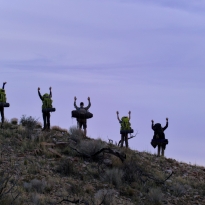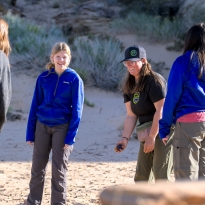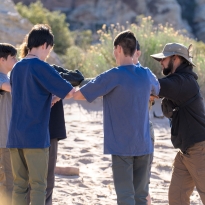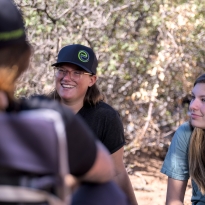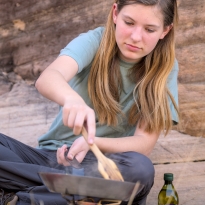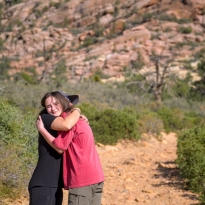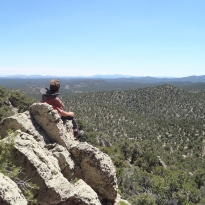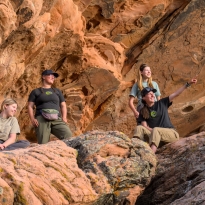Additional Evidence
The OBH Council and the Research Cooperative
Since its formation in 1997, the Outdoor Behavioral Healthcare Council (OBHC) has been a driving force for research and evaluation. Evoke Cascades joined the OBH Council in 2010 and Evoke Entrada joined in 2011.
In 1999 the OBH Council sponsored the creation of the Outdoor Behavioral Healthcare Research Cooperative (OBHRC). The purpose of OBHRC is to carry out comprehensive independent research and to provide credible, objective information to the field. Much of the research described below is a result of their work.
Safety of participants in OBH Programs
Public perception of outdoor behavioral healthcare programs often misconstrues “wilderness therapy” as potentially dangerous and unsafe. This perception can often be linked to a lack of knowledge regarding this innovative method of treatment, unfamiliarity with the extensive risk management techniques used in such programs, the inappropriate practices of less developed yet seemingly similar programs, and the vulnerable and problematic states of many of its clients. While no treatment can guarantee the total safety of any child, adolescents participating in OBHC programs are at less risk than adolescents not participating in these programs. (Gass, Gillis, & Russell, 2012).
In 2012, the average American adolescent was two times more likely to visit an emergency room than participants in OBH programs. OBH Council program injury rates are substantially lower than many common activities teens and young adults frequently participate in. Most notably, injuries during high school football games are over 328 times more common than injuries experienced in OBH Council wilderness therapy programs. And for a more similar comparison, teen backpacking is 20 times more likely to produce an injury than comparable activities in an OBH Council program.
From Outdoor Behavioral Healthcare Center Risk Management research.
Outcomes in Outdoor Behavioral Healthcare
Research supports that OBH is effective at improving the overall functioning of youth. The first major outcome study in OBH analyzed parent and youth YOQ assessments from 858 participants from seven different OBH programs. This foundational study showed that clinically and statistically significant improvements were made during treatment and that clients maintained these positive results one year after discharge. The researchers interviewed a randomized selection of these participants two years after leaving their OBH program; in which, 83% reported to be doing better, 58% said they were doing well or very well, and 81% rated outdoor behavioral healthcare treatment as effective.
Continued research on OBH’s impact on youth well-being has affirmed these initial findings. Follow the links below to learn more about important studies that investigate the effectiveness of OBH programs.
- An Assessment of Outcomes in Outdoor Behavioral Healthcare Treatment
- Two Years Later: A Qualitative Assessment of Youth Well Being and the Role of Aftercare in Outdoor Behavioral Healthcare Treatment
- The evidence base for private therapeutic schools, residential programs and wilderness therapy programs
- Effects of program differences with wilderness therapy and residential treatment center (RTC) programs
- How Substance Abuse Recovery Skills, Readiness to Change and Symptom Reduction Impact Change Processes in Wilderness Therapy Participants
- Examining changes in substance use and conduct problems among treatment-seeking adolescents
- Efficacy of Wilderness Therapy for Young Adults: A First Look
